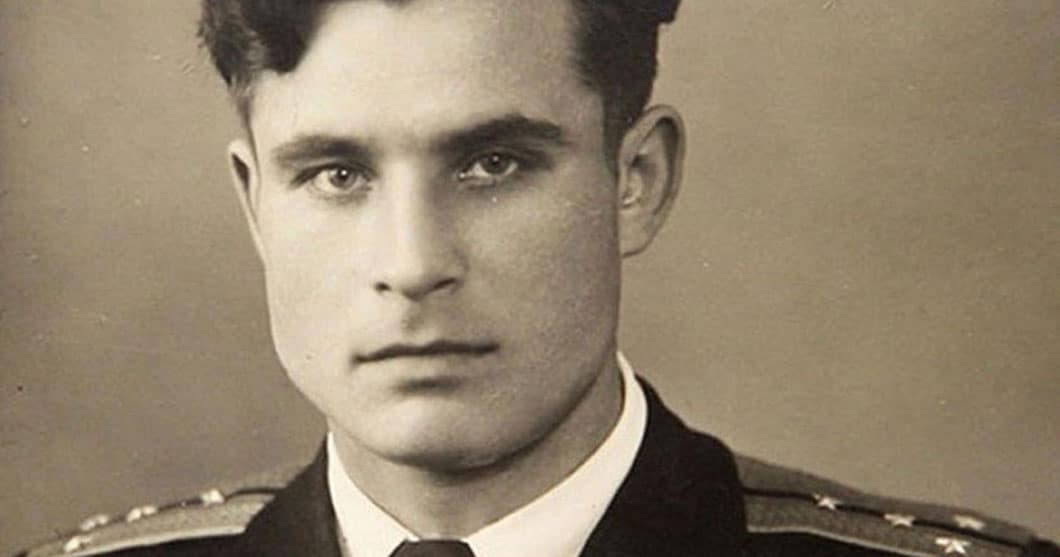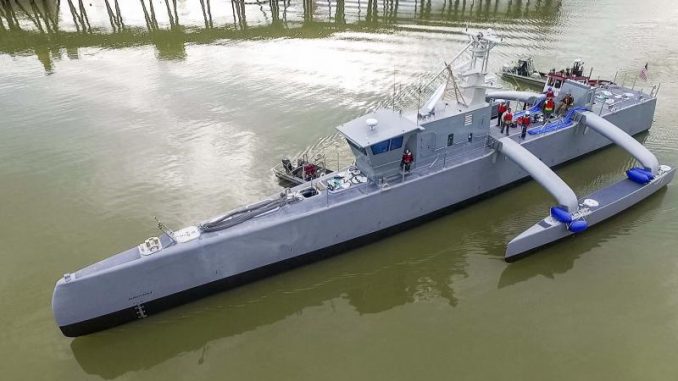Twice during the Cold War, the coolness and sagacity of Russian officers preserved the world from nuclear war. In October 1962, in the midst of the Cuban Missile Crisis, Vasily Arkhipov, then a political officer aboard the submarine B-59, opposed the use of a torpedo armed with a nuclear warhead against the American fleet, despite the rules of engagement specified by Admiral Fokhine before departure. The B-59 had not received the counter-order sent by the Russian Admiralty, while trying to escape the detection of a US Navy destroyer.
In September 1983, at the height of the Euromissile crisis, Stanislav Petrov, officer on duty at the Serpukhov-15 strategic radar station south of Moscow, kept his cool when four ballistic missiles appeared on his screens, heading toward Soviet Union. The young officer quickly analyzed the situation, and concluded that there was a system error based on the low number of missiles sent.
He did not raise the alarm, and the Soviet Union did not respond to what was, indeed, a system error. In these two very decisive cases, because having made it possible to avoid a global nuclear war, the destiny of the planet was preserved by the sagacity of low-ranking officers, aware of the implications of a bad decision in the matter.


75% of this article remains to read,
Subscribe to access it!
The Classic subscriptions provide access to
articles in their full version, and without advertising,
from 6,90 €.
Newsletter subscription
Register for the Meta-Defense Newsletter to receive the
latest fashion articles daily or weekly

